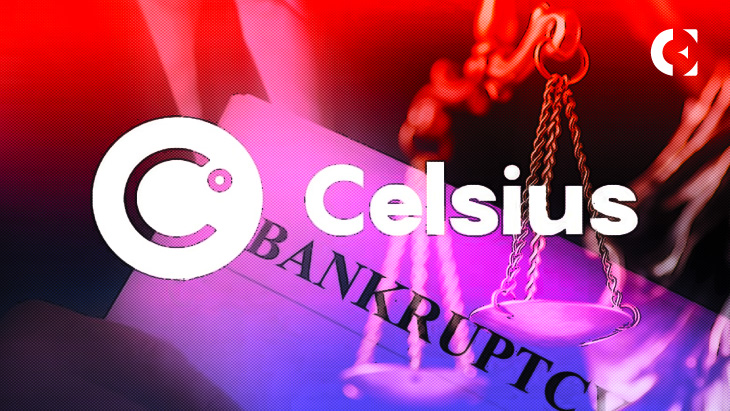- Bankruptcy examiner released a report on Celsius’ wrongly advertised business model.
- Report claims the company did not “deliver” on its promises regarding its native CEL token.
- The examiner was appointed to investigate Celsius’ deposit reports and customer allegations.
Shoba Pillay, an examiner appointed by the US judge in Celsius Network’s bankruptcy case, published a 689-page report on January 31, claiming that Celsius did not operate according to the model it advertised and sold to its customers.
After interviewing employees and stakeholders, including the company’s founder, customers, and vendors, Pillay concluded:
In every key respect — from how Celsius described its contract with its customers to the risks it took with their crypto assets — how Celsius ran its business differed significantly from what Celsius told its customers.
The report stated that Celsius and its former CEO, Alex Mashinsky, who is currently facing fraud charges, have failed to “deliver” on its promises concerning its native CEL token and other business activities, since its inception.
Moreover, Pillay’s report revealed Celsius’ stablecoin deficit amounted to a billion-dollar hole in its assets between May 28, 2021, and its bankruptcy filing last year, since it acquired stablecoins with customer deposits.
Celsius representatives have not yet responded to Pillay’s report. However, the Celsius’ Twitter community has been posting excerpts from the report to express their frustration with the company and Mashinsky,
For context, Shoba Pillay, a former federal prosecutor, was appointed in September 2022, as an independent examiner by the US Bankruptcy Judge Martin Glenn, who is overseeing the Chapter 11 case, to investigate Celsius’ reports about the handling of crypto deposits and allegations from its customers that the firm operated as a Ponzi scheme.
After freezing customer withdrawals from its platform, the New Jersey-based crypto lending platform filed for Chapter 11 bankruptcy protection from creditors in Manhattan in July 2022. Its balance sheet then showed a $1.19 billion deficit.
Earlier this month, Mashinsky was sued by New York Attorney General Letitia James, who claimed that he defrauded investors out of billions of dollars in digital currency by concealing the platform’s downfall. However, in the past Mashinsky’s advocate stated that his client denies all the accusations and intends to defend himself in court.
Disclaimer: The information presented in this article is for informational and educational purposes only. The article does not constitute financial advice or advice of any kind. Coin Edition is not responsible for any losses incurred as a result of the utilization of content, products, or services mentioned. Readers are advised to exercise caution before taking any action related to the company.







